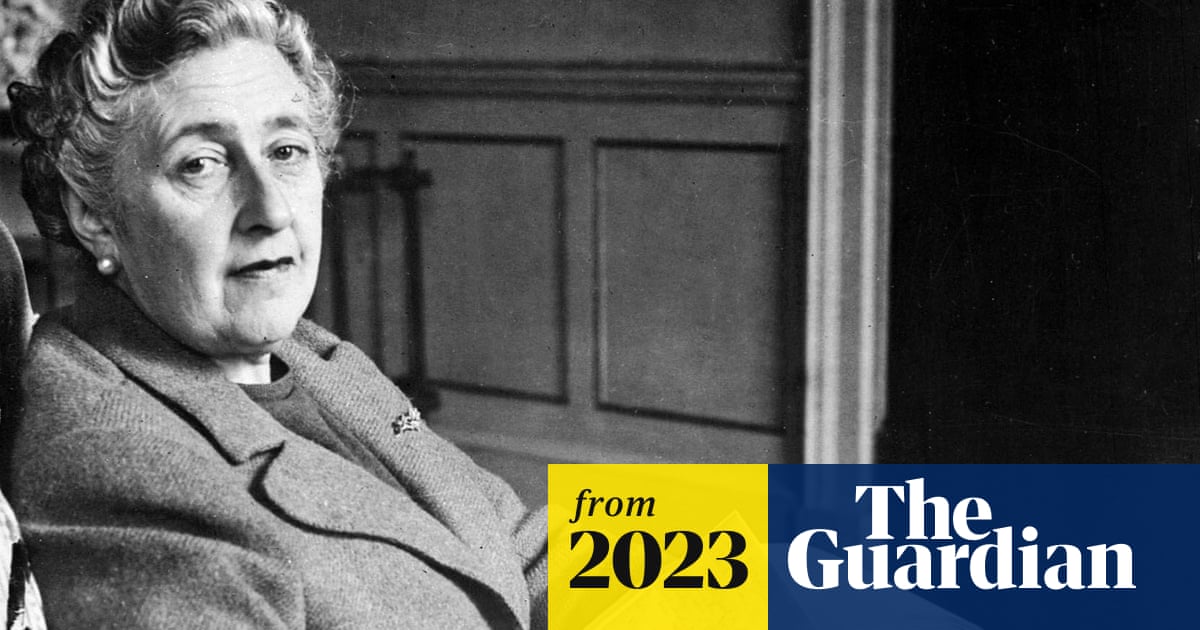MichaelHW
Active member
If you look at the statistics, Agatha Christie is the best-selling novelist of all time. Her novels have been sold in billions of copies, and some of the movie-versions have won academy awards. That Christie was a genius, I think is undisputed. The numbers speak for themselves. But I think the nature of her genius has been misrepresented. If you look at her characters, they are not very original. Some say: “Well you cannot show me the exact source in which Christie says that she was inspired by others?” But that is besides the point. Even if she was not, the characters are still not original.
In 1920, Christie published The Mysterious Affair at Styles, her first novel and her first Poirot story. Poirot was a Belgian first world war refugee detective with a Watson-like side-kick, Captain Hastings. In 1910, however, a major writer at the time, A.E.W. Mason(1865-1948), a man whom everybody knew, published the novel At the Villa Rose, a novel featuring the French immigrant detective, Inspector Hannaud. There are huge similarties between the two, but also some differences. In addition to this, another famous female writer at the time, Marie Belloc Lowndes (1868 – 1947), created the detective inspector Popeau and Frank Howell Evans(1867–1931), a minor Welsh writer, created Monsieur Jules Poiret (yes, you read correctly). All of these detectives were french speaking refugee detectives, some even with similar names as Poirot.
Let us now move on to Miss Marple, Agatha Christie’s second iconic character. In the US they have a now forgotten crime fiction queen, Anna Katharine Green (1846-1935). In 1878, a decade before Christie was born, she published the novel The Leavenworth Case in which she introduced her spinster detective Miss Amelia Butterworth. She was then featured in several novels and stories, and Green was a best-selling writer in her own day, writing 40 novels and many short stories (only few with Amelia Butterworth) Like Christie she was a great plotter.
I could mention similar precursors to Tommy & Tuppence. But why is Agatha Christie then not exposed as a plagiarist? It is because her talent is undisputed, and lay elsewhere. She composed stories brilliantly. And it is actually the composition of the stories that make them so great. Her characters were sometimes a little flat. It is the puzzle and the way it is presented throughout the story that captivates the reader, not her analyses of motives. The motives for crimes are in fact bizarre sometimes, even contrived. Psychological complexity was almost sacrificed at the alter of these other elements. When you read an Agatha Christie crime story, you are rarely left with any feelings of disillusionment or misgivings about the world. Even if it is a piece of crime fiction.
So, can any writer who just took elements from his or her contemporary age and molded them into best-selling novels be a genius? Yes. Just look at the other name at the top of the list of the best-selling writers of all time: William Shakespeare. In fact, almost every writer does this to some extent.
In 1920, Christie published The Mysterious Affair at Styles, her first novel and her first Poirot story. Poirot was a Belgian first world war refugee detective with a Watson-like side-kick, Captain Hastings. In 1910, however, a major writer at the time, A.E.W. Mason(1865-1948), a man whom everybody knew, published the novel At the Villa Rose, a novel featuring the French immigrant detective, Inspector Hannaud. There are huge similarties between the two, but also some differences. In addition to this, another famous female writer at the time, Marie Belloc Lowndes (1868 – 1947), created the detective inspector Popeau and Frank Howell Evans(1867–1931), a minor Welsh writer, created Monsieur Jules Poiret (yes, you read correctly). All of these detectives were french speaking refugee detectives, some even with similar names as Poirot.
Let us now move on to Miss Marple, Agatha Christie’s second iconic character. In the US they have a now forgotten crime fiction queen, Anna Katharine Green (1846-1935). In 1878, a decade before Christie was born, she published the novel The Leavenworth Case in which she introduced her spinster detective Miss Amelia Butterworth. She was then featured in several novels and stories, and Green was a best-selling writer in her own day, writing 40 novels and many short stories (only few with Amelia Butterworth) Like Christie she was a great plotter.
I could mention similar precursors to Tommy & Tuppence. But why is Agatha Christie then not exposed as a plagiarist? It is because her talent is undisputed, and lay elsewhere. She composed stories brilliantly. And it is actually the composition of the stories that make them so great. Her characters were sometimes a little flat. It is the puzzle and the way it is presented throughout the story that captivates the reader, not her analyses of motives. The motives for crimes are in fact bizarre sometimes, even contrived. Psychological complexity was almost sacrificed at the alter of these other elements. When you read an Agatha Christie crime story, you are rarely left with any feelings of disillusionment or misgivings about the world. Even if it is a piece of crime fiction.
So, can any writer who just took elements from his or her contemporary age and molded them into best-selling novels be a genius? Yes. Just look at the other name at the top of the list of the best-selling writers of all time: William Shakespeare. In fact, almost every writer does this to some extent.
Last edited:


